Diederik Kemmerling, president of the Chamber of Commerce, was also part of the delegation that went to Suriname for the Trade Mission, led by the Minister of Economic Affairs, Geoffrey Wever. He spoke about his initial impressions regarding the meetings and the participation of the Chamber of Commerce in the foreign trade delegation, something uncommon but essential to capture the overall vision of how the government is promoting these initiatives.
Diederik Kemmerling highlighted several recent trade missions, including a virtual mission with Venezuela and a visit to Bogotá, Colombia, last year. This year, the focus is on Suriname, with Panama as a potential next destination. Kemmerling emphasized the importance of these missions for the Chamber of Commerce, as they allow the representation of businesses and the search for commercial partners in the visited countries.
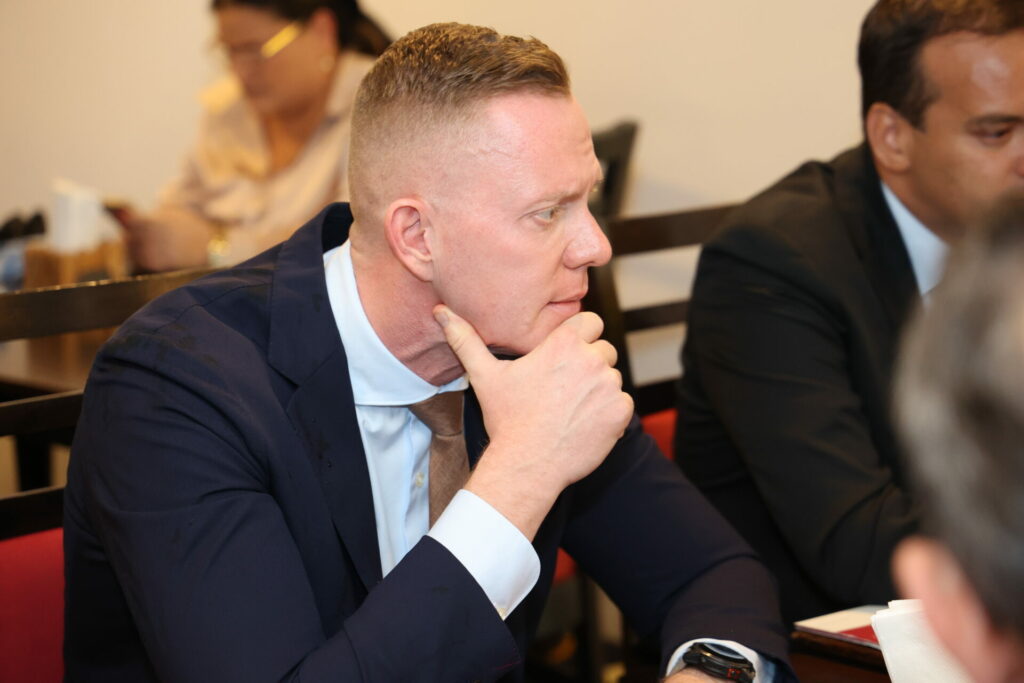
In Suriname, the delegation included more than ten companies from various sectors such as wholesale, IT companies, and an import and export company for medicines. Kemmerling highlighted the success of the meetings, mentioning that several entrepreneurs had already reached fruitful agreements on the first day of the encounters.
The organization of these trade missions involves complex logistics for both Aruba and Suriname. Kemmerling explained that typically, these missions are planned several months in advance in coordination with the local Chambers of Commerce to identify goals and compatible businesses. However, in the case of Suriname, the timeline was very short, requiring significant effort to achieve this.
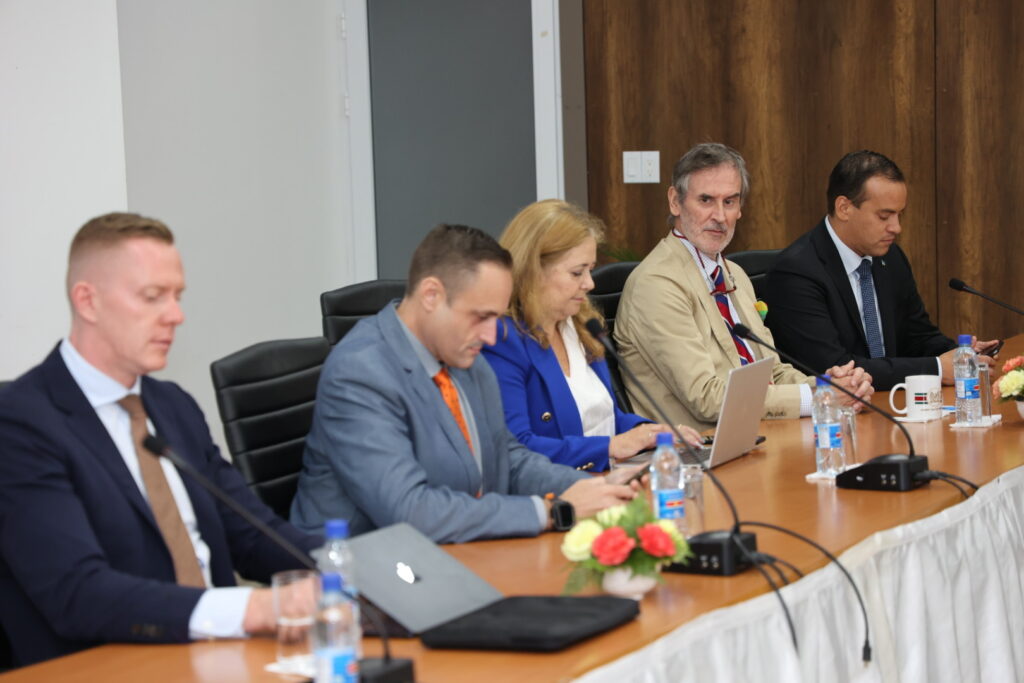
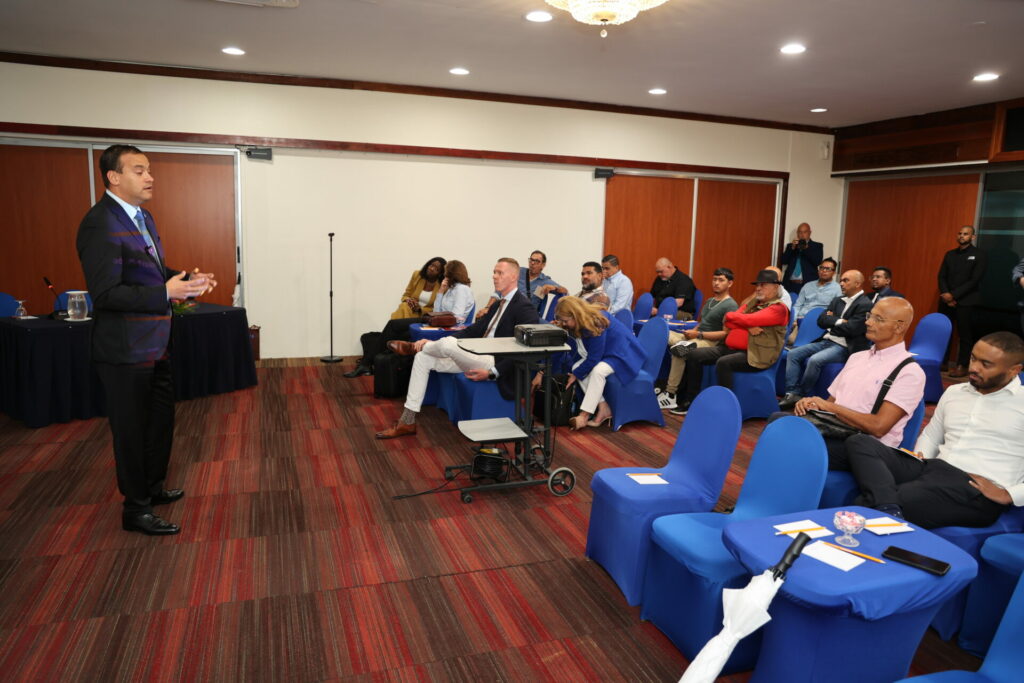
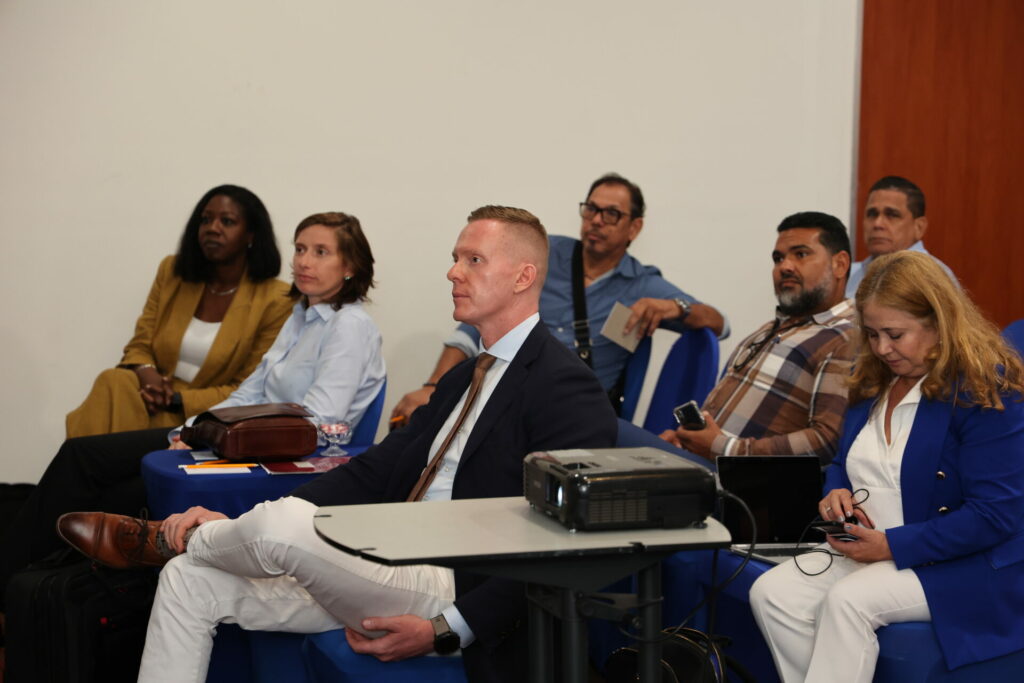
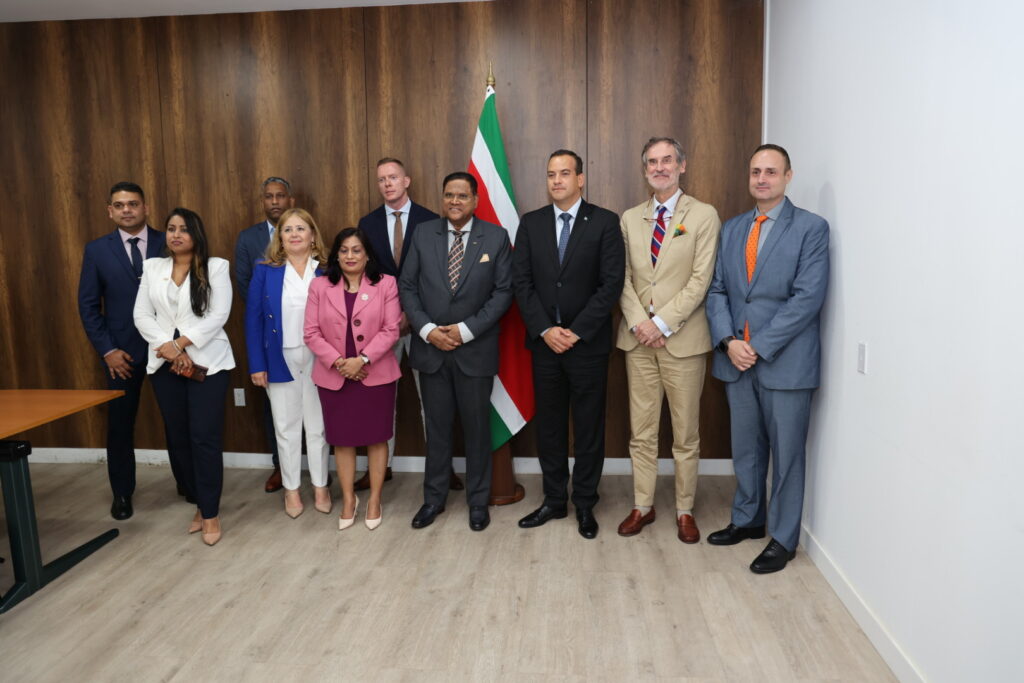
Kemmerling pointed out the opportunities for Aruba, especially in the import of fresh products such as vegetables and fruits from Suriname, which could help counteract the high prices and lack of freshness of products on the island. During their visit, they met with the Minister of Economic Affairs and the President of Suriname to discuss these issues and the logistical challenges, such as cargo transportation time.
The reduction of bureaucracy is crucial both in Aruba and Suriname to achieve these objectives. Kemmerling mentioned a detailed presentation by an accounting firm on the regulations in Suriname and highlighted the need to continue working with the government to simplify these processes.
The interview with Diederik Kemmerling revealed the ongoing efforts of the Chamber of Commerce to strengthen international commercial relations and facilitate economic growth through strategic trade missions.






